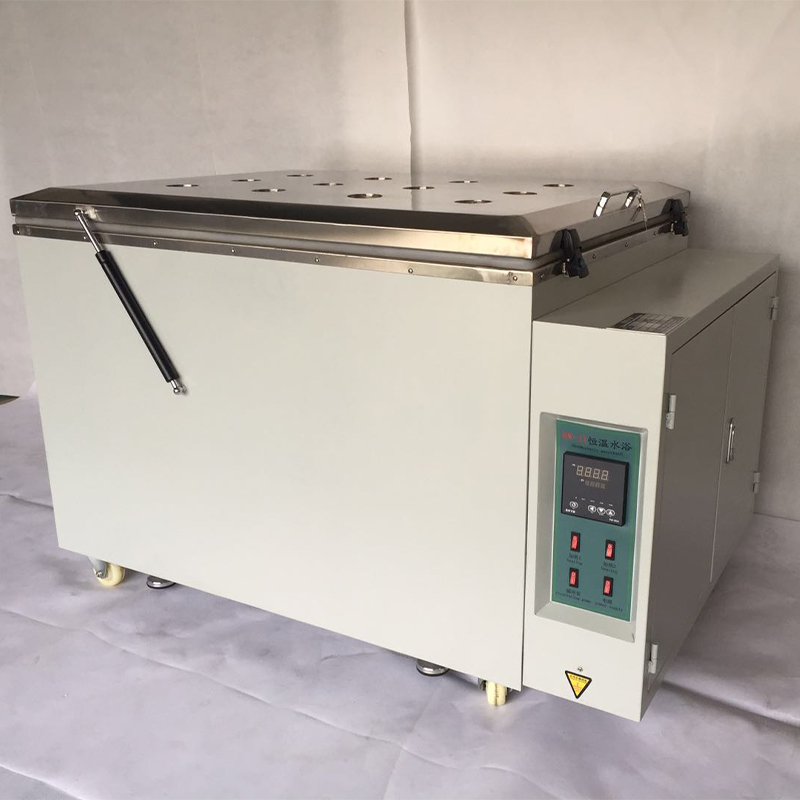Factory for Power Frequency Spark Testing Equipment and Solutions
The Evolution and Importance of Power Frequency Spark Testing Machines
In the realm of electrical engineering and quality control, power frequency spark testing machines play a pivotal role in ensuring the safety and reliability of electrical components and insulation systems. These machines are designed to detect and diagnose potential weaknesses in electrical components by applying a high-voltage test that simulates real-world conditions. This article delves into the intricacies of power frequency spark testing, the working mechanism of such machines, their applications, and the significance of factories specializing in their manufacturing.
Understanding Power Frequency Spark Testing
Power frequency spark testing refers to the application of an AC high voltage, typically at the frequency of 50 or 60 Hz, to a material or system for the purpose of evaluating its insulation integrity. This testing is essential for a wide array of electrical devices, including transformers, switchgear, cables, and other high-voltage equipment. The test identifies weaknesses such as pinholes, cracks, or other defects in the insulation that could lead to electrical failures or hazards if left undetected.
The Mechanism Behind Spark Testing Machines
A power frequency spark testing machine operates by generating a high-voltage AC signal. The machine comprises several key components, including a high-voltage transformer, control systems, and safety features. The transformer steps up the voltage from a standard supply to the desired testing level, which can range from a few kilovolts to several tens of kilovolts, depending on the application.
The control system allows operators to set specific parameters for the test, such as the voltage level and duration. Safety features are critical to protect both the equipment and personnel, preventing electrical shock and ensuring that the testing is conducted in a controlled environment. During the test, the equipment is monitored for any signs of sparking or breakdown, which indicate a failure in insulation.
Applications of Power Frequency Spark Testing Machines
power frequency spark testing machine factory

Power frequency spark testing machines are widely used across various industries. In the power generation sector, they are employed to test transformers and switchgear, ensuring that these crucial components can withstand the stresses of operation. In manufacturing facilities, they are essential for quality control, verifying that products meet safety standards before they are delivered to customers.
Additionally, the automotive and aerospace industries utilize spark testing to ensure the reliability of electric and electronic systems in vehicles and aircraft. Hospitals and medical facilities also depend on these testing machines to certify that their medical equipment maintains the highest safety standards, ultimately protecting both patients and staff.
The Role of Factories in Manufacturing Spark Testing Machines
Factories that specialize in the production of power frequency spark testing machines play a crucial role in advancing electrical safety. These facilities are equipped with advanced technology to design and manufacture machines that are not only reliable but also tailored to customer specifications. Quality assurance is paramount; each machine undergoes rigorous testing and validation before it is shipped out.
Moreover, manufacturers are constantly innovating to enhance the performance and user-friendliness of their machines. Modern spark testing machines often come with digital interfaces, real-time monitoring capabilities, and automation features that streamline the testing process. This evolution is instrumental in meeting the increasing demands of various sectors for enhanced safety and efficiency.
Conclusion
In conclusion, power frequency spark testing machines are vital tools in the electrical engineering field, ensuring the safety and reliability of numerous electrical components. The importance of specialized factories in manufacturing these machines cannot be overstated; they contribute significantly to quality control and compliance with safety standards. As technology continues to advance, these machines will evolve, further enhancing their capabilities and applications across diverse industries. The commitment to safety and innovation in this field underscores the importance of maintaining high standards in electrical manufacturing and testing.
-
Why the Conductor Resistance Constant Temperature Measurement Machine Redefines Precision
NewsJun.20,2025
-
Reliable Testing Starts Here: Why the High Insulation Resistance Measuring Instrument Is a Must-Have
NewsJun.20,2025
-
Flexible Cable Flexing Test Equipment: The Precision Standard for Cable Durability and Performance Testing
NewsJun.20,2025
-
Digital Measurement Projector: Precision Visualization for Modern Manufacturing
NewsJun.20,2025
-
Computer Control Electronic Tensile Tester: Precision and Power for the Modern Metal Industry
NewsJun.20,2025
-
Cable Spark Tester: Your Ultimate Insulation Assurance for Wire and Cable Testing
NewsJun.20,2025
 Copyright © 2025 Hebei Fangyuan Instrument & Equipment Co.,Ltd. All Rights Reserved. Sitemap | Privacy Policy
Copyright © 2025 Hebei Fangyuan Instrument & Equipment Co.,Ltd. All Rights Reserved. Sitemap | Privacy Policy
